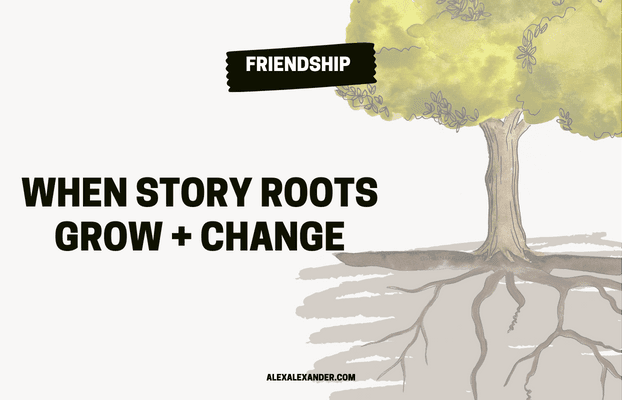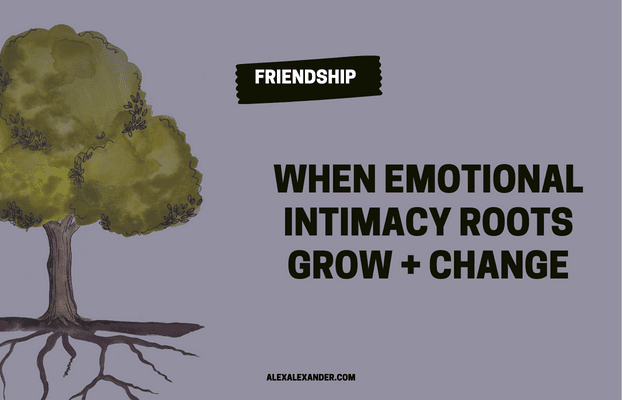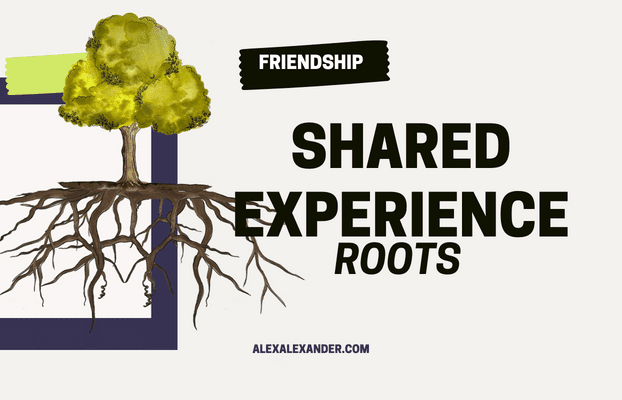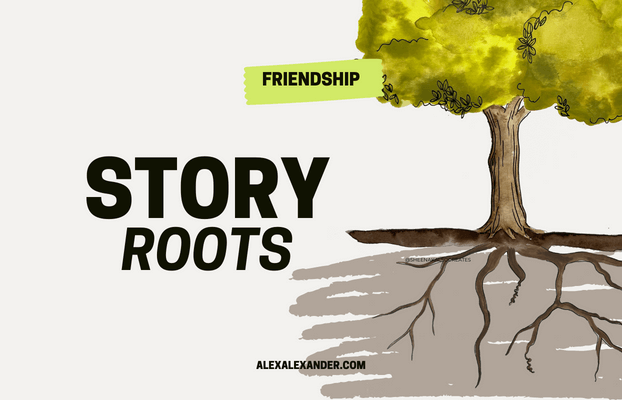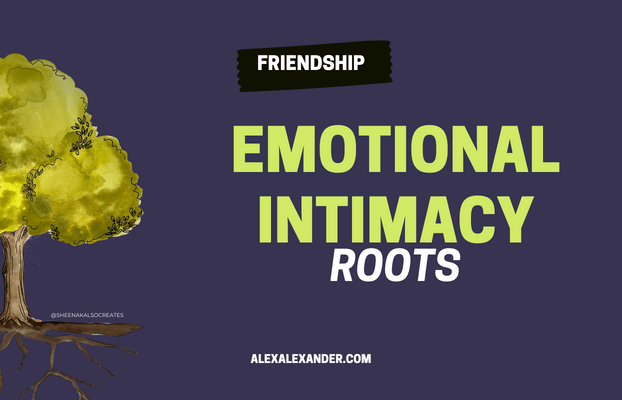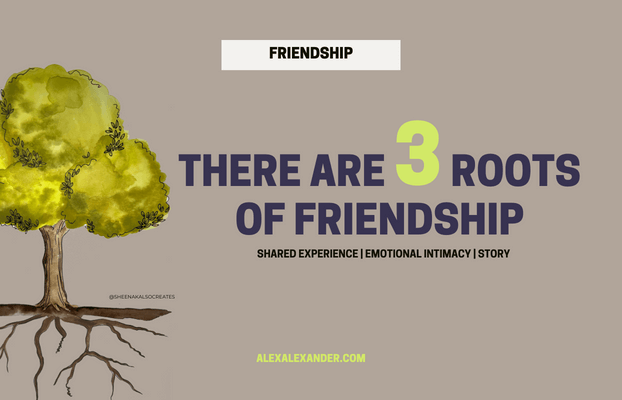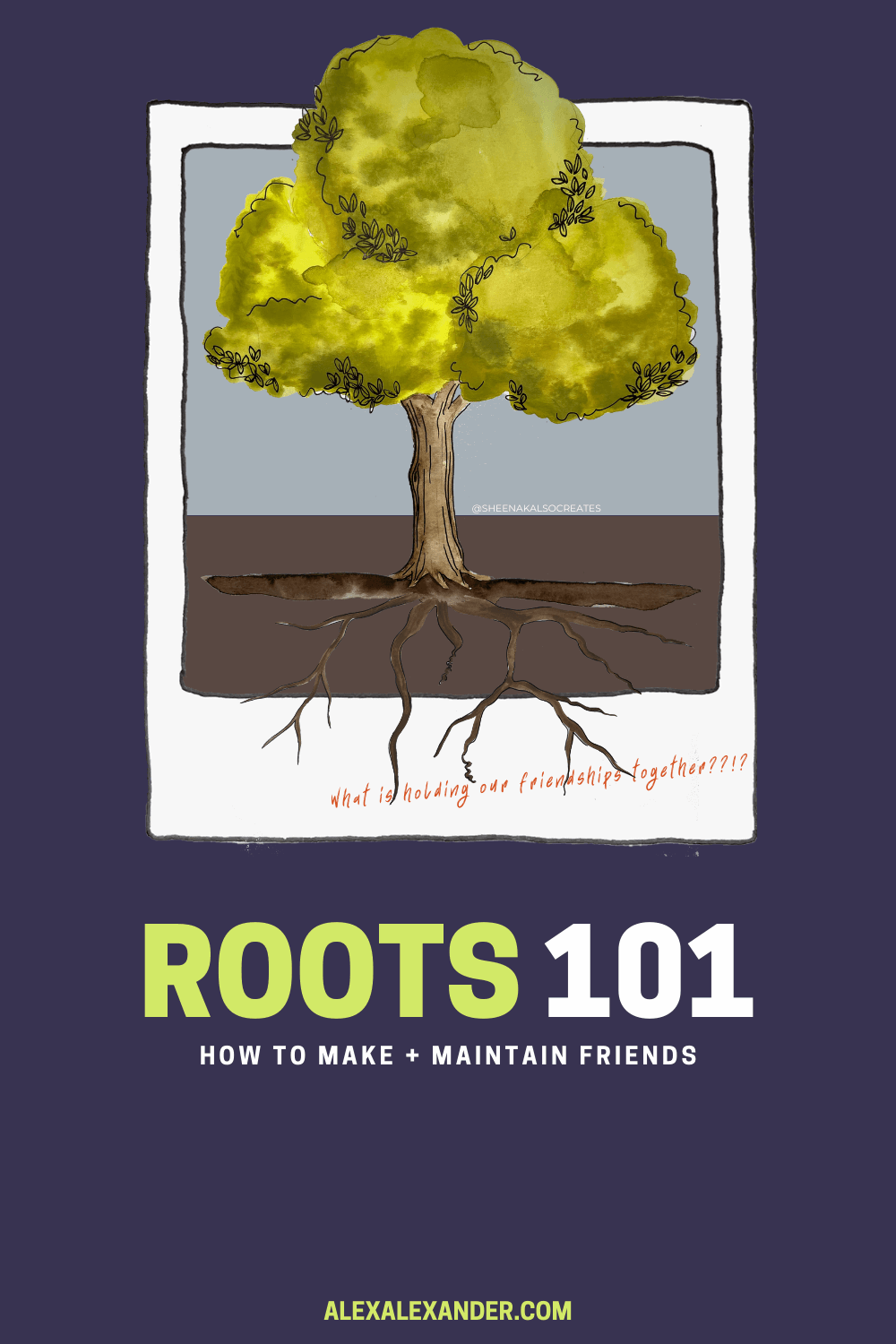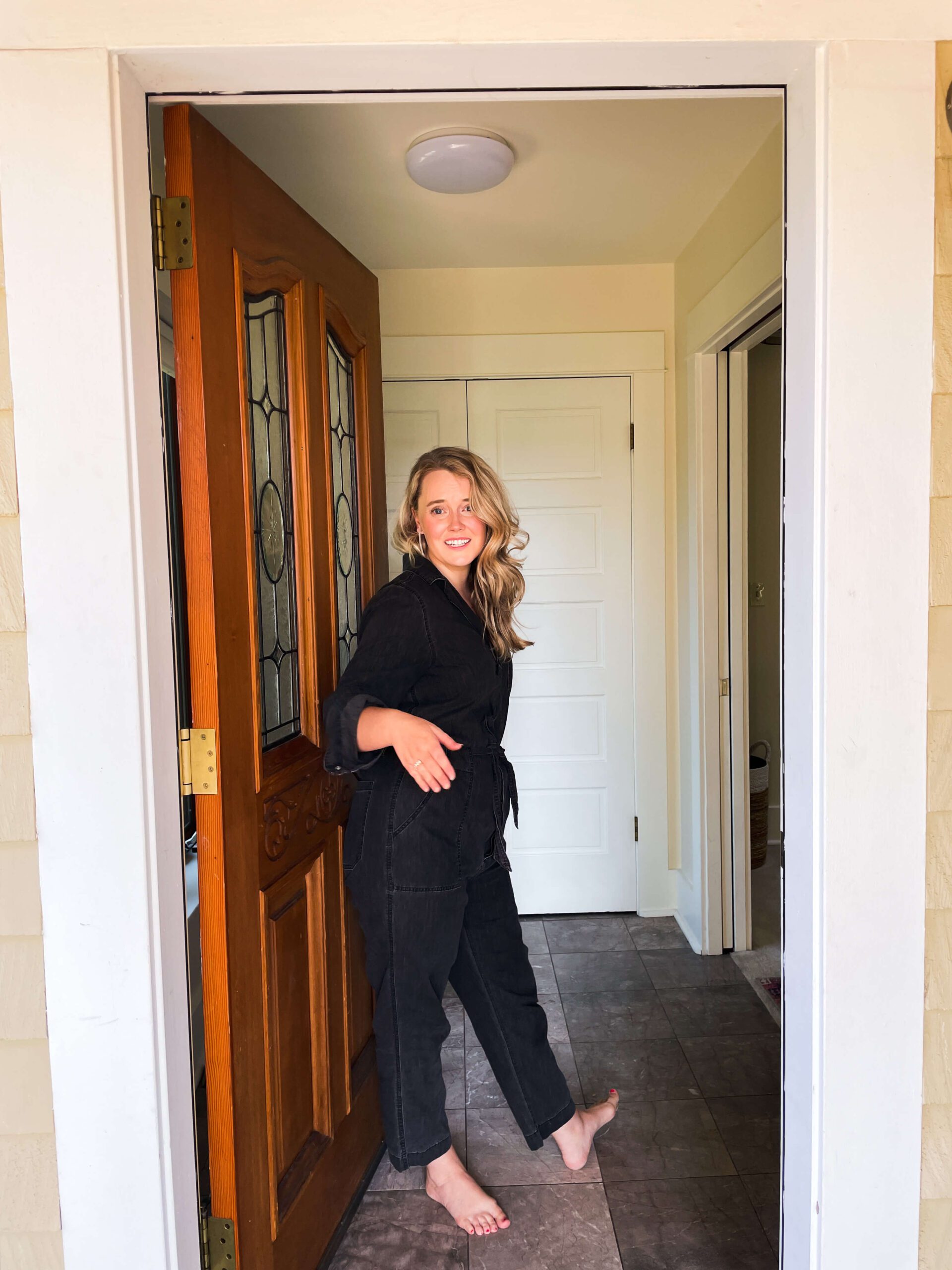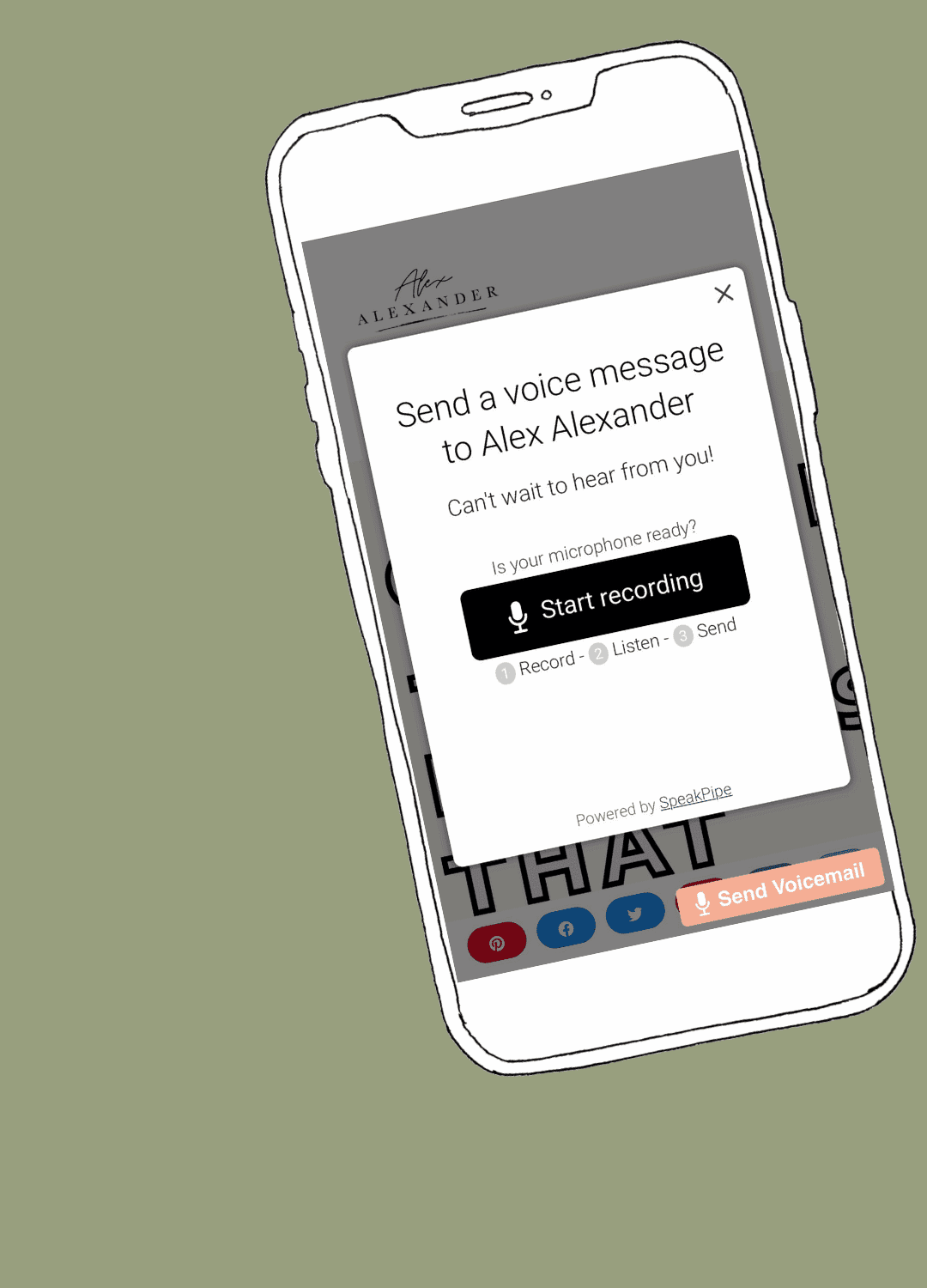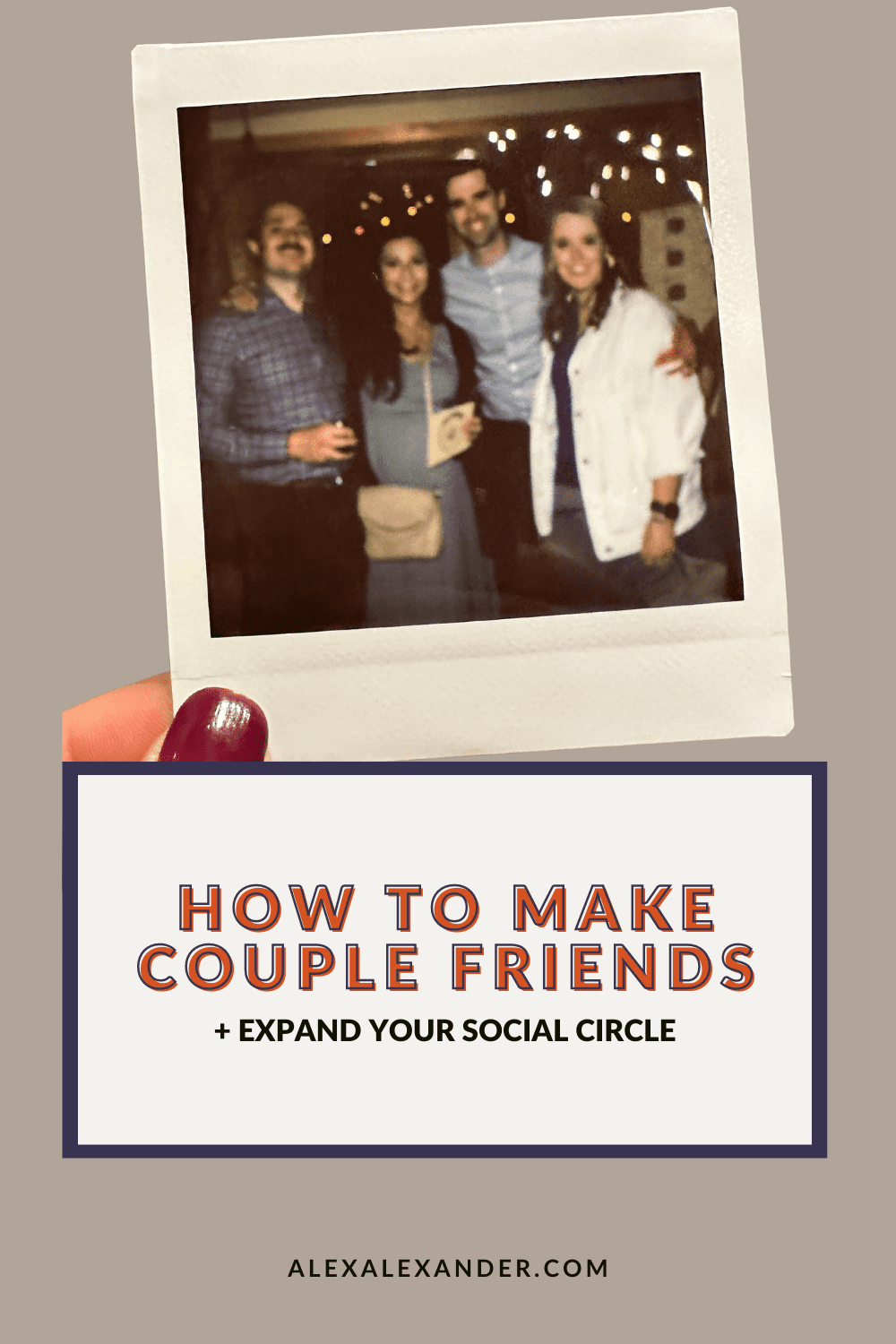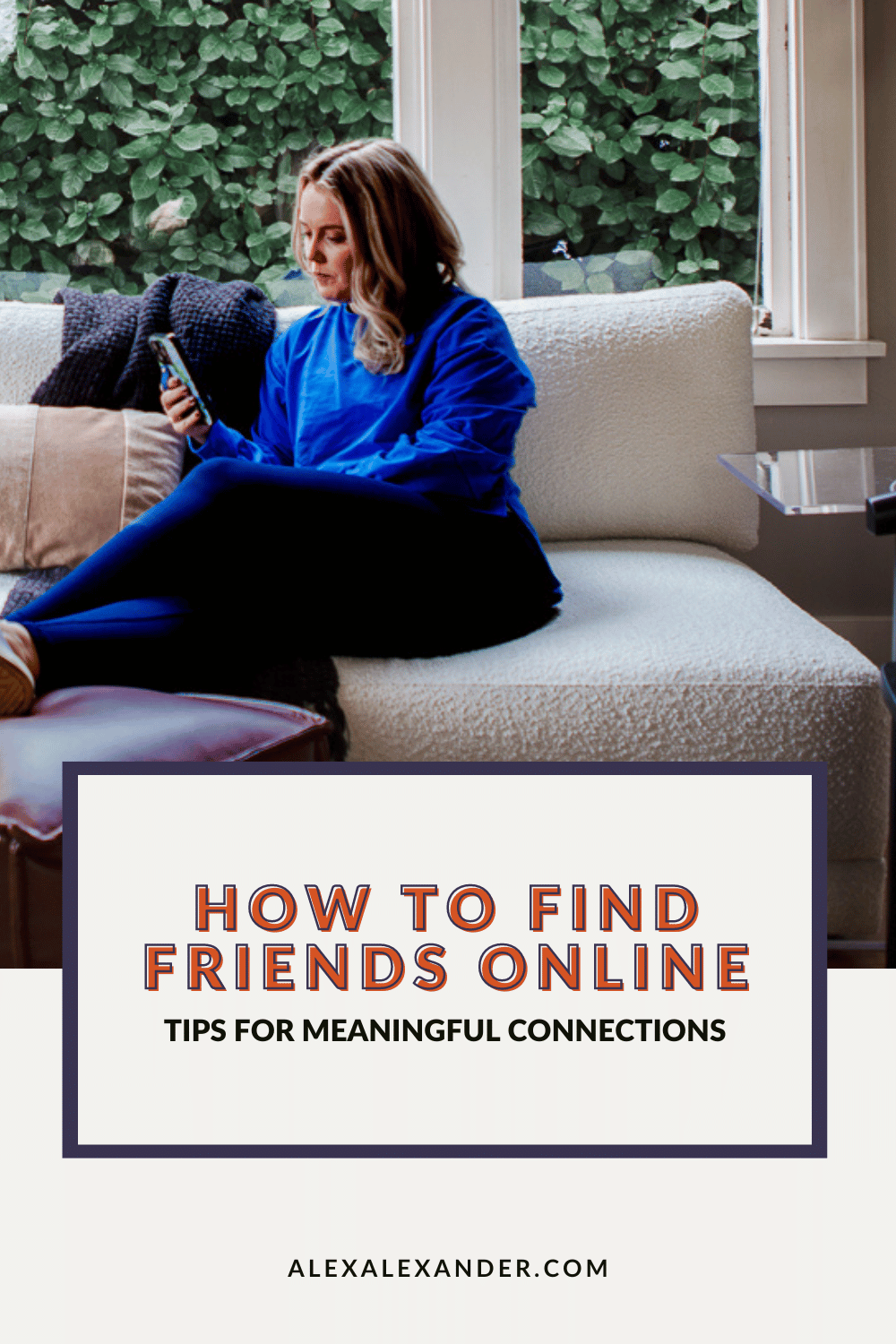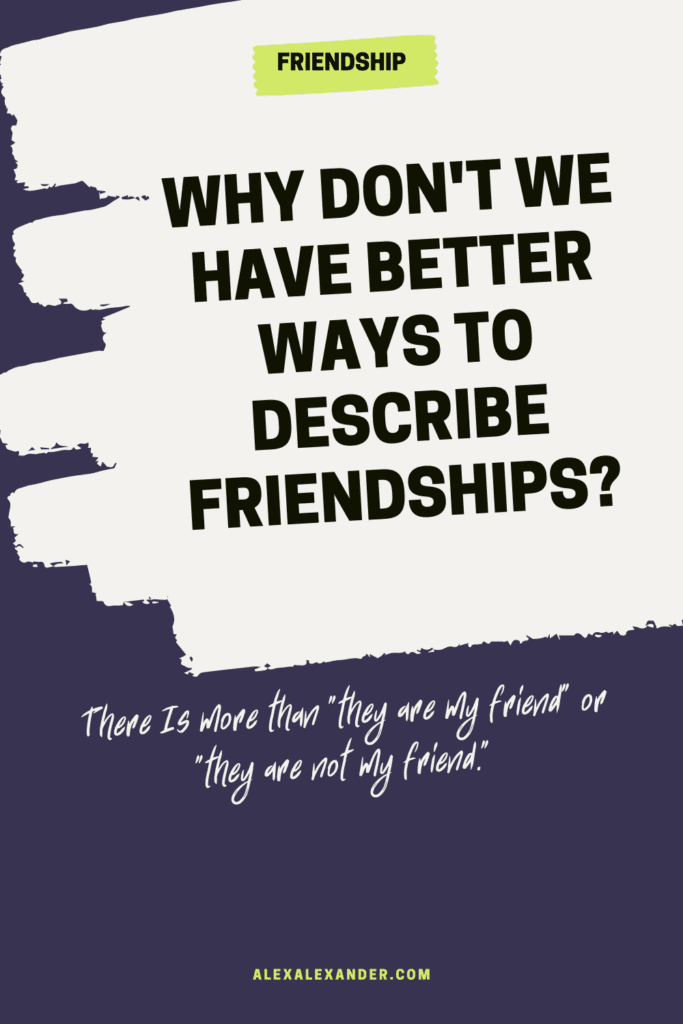
An excerpt from an email I received recently:
‘I’m so in awe about your ability to craft a theory around something that everyone knows what is, but barely anyone (including myself) has taken the time to really think about it in an intentional way.’
And that’s precisely it –
Friendship is all around us, but we have minimal language to communicate about or understand these relationships.
I want to understand and describe friendship.
and I don’t just mean a bunch of generic descriptive words.
Why?
I need friendships. My friends are my primary support system; I had to figure out how to maintain, develop, and shift with these relationships to have a support system.
I have a goal – a strong support system.
I needed to learn about the actions necessary to build what I wanted.
PODCAST EPISODE: Why is friendship so crucial to me, personally? I talk all about it in this episode.
Example: Do you want to retire early? You read books by people who have done it. You try out different methods. You invest consistently. You understand your numbers and know exactly how you’ll get there.
So I dove in. Time to read about friendship and community to understand how people build strong relationships. However, there is very little writing, research, and discussion about friendship for a relationship we participate in daily.
The writing and discussion I did find – I didn’t align with 99% of it.
We need language and a new understanding of friendship and community.
We have financial terms such as invest, savings account, direct deposit, and budget. The lingo allows for reflection, observation, and discussion about achieving our financial goals. Where is the widely used and accepted equivalent for friendship and community?
IMO – Talking about friendship is often just a long string of vague adjectives.
“I want supportive friendships.”
Ok…
What actions make you feel supported by friends?
Give me specific actions.
Have you asked your friend if those same actions make them feel supported?
PODCAST EPISODE: What is A Friend? + The 4 Types of Friends We All Have. Listen to the episode.
Here we are – Back at language and understanding that allows us to get specific.
To move our friendships forward, process change, or accept the end of a friendship, we need a vocabulary for friendship. From there, we can dive into in-depth conversations such as:
- Articulate what is going well
- Communicate about what is missing
- Understand how a friendship has changed
- Share a personal definition of friendship in their life.
- Rattle off an elevator pitch – except one that discusses their vision of a supportive community.
Productive conversation requires universally understood phrases and terms.
Let me give you an example:
DTR: Define the relationship, the talk that friendships rarely have.
Everyone’s definition of a successful/true/loyal/lasting/positive friendship will differ.
Just like everyone’s version of what they want in a romantic partnership will differ.
However, romantic relationships are widely discussed and understood and have phrases and terms.
Friendships do not.
Romantic relationships also have widely understood phrases for their trajectories.
Friendships often do not.
A friendship trajectory might be “best friends” or “lifelong friends,” but what are the other alternative trajectories?
There is a learning curve to romantic relationships, but eventually, it’s easy to be straightforward.
“I want a long-term relationship” OR “I want to have fun.”
Simply saying either phrase gives the other person a much clearer understanding of what you are looking for. Sure, you’ll need to get into the details later, but overall, one will align better with your current goals.
The lingo that helps us set quick and clear expectations SO VITAL people write it in their dating profile.
“Looking to have fun.”
If it wasn’t in the dating profile, it’s a question on the first date.
“Are you looking to settle down?”
This is so important. Let’s talk it through one more time.
Before you put your time, energy, and emotions into a romantic relationship – you see if the other person’s goals/expectations align with yours.
And you do so clearly. You write a sentence or ask a question. You receive a one-sentence answer in return, and those few words inform your actions and decisions.
What is the friendship equivalent to “looking to have fun?” — this can be a low-pressure, low-expectation friendship.
There’s lots of frustration about the time friendships require.
No wonder!
We are wasting our time trying to describe friendship. Every conversation requires paragraphs of explanation instead of a few words.
We are wasting time because we don’t have terms or phrases that help us filter what we are committing to.
Back to our dating example.
If someone told you they are just “looking to have fun” but you “are looking for a committed relationship,” ignoring that your expectations don’t align is sure to cause disappointment.
Let’s say you bring your expectations down, and you decide to “just have fun.” A year goes by, and your partner says, “I want to settle down,” and now, with that single phrase, you understand that the majority of your expectations and actions will need to shift.
If you go on a date and ignore that you want a long-term relationship, you set yourself up for disappointment. Expectations might change over time. After a year, you might find yourself.
Friendship doesn’t have that level of understanding.
You meet a new friend.
How do you describe to them what you want?
Do you even know what you want?
What is a friendship’s version of “I just want to have fun”? As in — this can be a low-pressure, low-expectation friendship.
What are the expectations of that kind of friendship for each of us?
What kind of energy and time commitment does that require?
PODCAST EPISODE! Simple Ways for Improving Social Wellness. Listen now!
More questions to describe friendship:
Having a widely understood friendship lingo to describe and define our friendship trajectory is only part of it.
Other conversations we could have with a universal lingo –
- Why do certain friendships last and others don’t?
- Why do some friendships feel better than others?
- At what point is someone “a friend”?
- How are friendships different as children versus as adults?
- How do I describe my expectations for a new friend I see daily versus a friend I’ve had for decades? And I don’t just want a bunch of random friendship words strung together.
- Why does it feel easier to call or text some friends and not others?
- Is someone a true friend? What does that even mean?! And is my definition of true friendship the same as other people’s? What if I am living up to my definition, but not theirs?
- How do we improve the health of our friendships? And is a healthy friendship even the same for everyone?
- What do strong friendships look like for people that aren’t as outwardly social? Or whose preferred ways to socialize don’t fit society’s narratives?
PODCAST EPISODE! This episode talks about how to reinvigorate your friendships! Listen now!
“I don’t even know my friends anymore!”
2020 was a wake-up call.
The last few years have been polarizing, and it’s been common to hear people say, “My friends/family/coworker — I don’t even know them! They aren’t the people I thought they were.”
Want to hear my favorite quote of all time?
I’ll let that sink in for a second.
.
.
.
.
.
.
.
.
People are constantly changing.
And if your people are changing, that means your relationships are changing.
We need language to understand what is shifting.
To have discussions with our friends.
To reset our expectations.
To describe friendship that we want to keep investing our energy into.
I want you to be able to describe friendship – to yourself, to your friends, and to the people around you.
No two friendships will look the same. Heck, a friendship between you and one other person won’t even look the same over an extended period – see the funerals quote above.
Overwhelmed?
If you refuse to open up your bank accounts because you are scared you’re not saving as much as you need – the only way to combat that fear is to face it.
To look at your accounts. Make the calculations, research whether or not you are saving enough, and take the proper actions to make it happen.
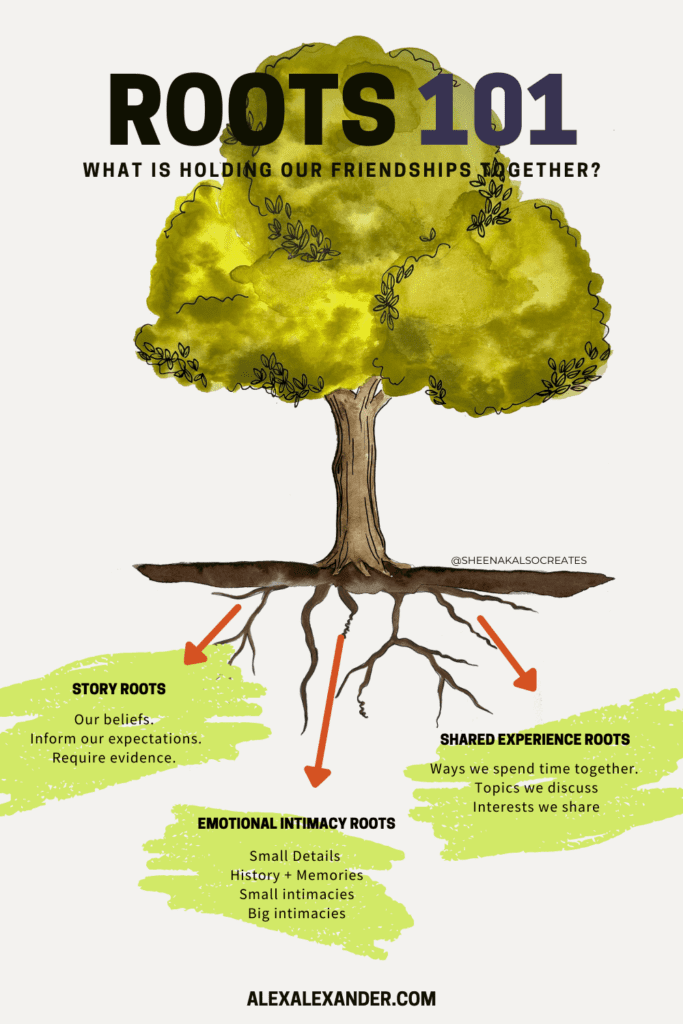
Soon you’ll have the language to describe friendship.
I will dive into roots in a variety of blog posts (listed below). Soon, you’ll be able to say things like :
- “One of our roots died, and that’s why our friendship feels off. What do we want to do about it?”
- “I don’t have much evidence to support that story root anymore, which is why I don’t trust it.”
- “I have tons of emotional intimacy with that friend, but I am not sure much of it still holds true to their present selves.”
- “It’s been so long since we’ve spent time together, and it’s hard to find ways to connect. We need more shared experience roots.”
- “I have a lot of historic friendships, but not very many present ones. No wonder I am always burnt out by connecting with friends.”
Curious how to keep a friendship strong? Read about the other types of roots.
